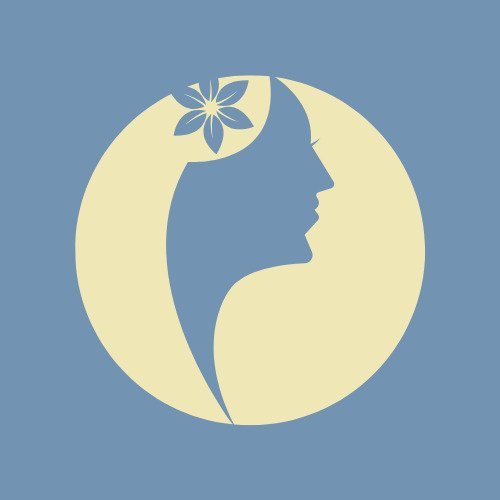The LGBTQIA2S+ community encompasses individuals who identify with diverse sexual orientations and gender identities. The acronym stands for Lesbian, Gay, Bisexual, Transgender, Queer, Intersex, Asexual, Two-Spirit, and the plus sign represents other identities within the spectrum. This community includes people from all walks of life, united by their shared experiences and advocacy for equality and inclusion.
Here's a breakdown of the terms within the acronym:
Lesbian: Women who are attracted to other women.
Gay: People, often men, who are attracted to others of the same gender.
Bisexual: Individuals attracted to both men and women.
Transgender: Individuals whose gender identity differs from the sex they were assigned at birth.
Queer: An umbrella term for those who are not heterosexual or cisgender, though some individuals may find it offensive due to its historical use as a slur.
Questioning: Individuals exploring their own gender identity or sexual orientation.
Intersex: Individuals born with physical sex characteristics that don't fit typical binary notions of male or female.
Asexual: Individuals who experience little to no sexual attraction.
Two-Spirit: An Indigenous term encompassing gender and sexual identities beyond the Western binary.
+: Represents other identities such as pansexual, non-binary, genderfluid, and more.
The LGBTQIA2S+ community is not a monolith; it is a diverse group with unique experiences and perspectives. Understanding and respecting these diverse identities is crucial for fostering inclusivity and equality.
LGBTQIA2S+
People who are lesbian, gay, bisexual, transgender and/or gender expansive, queer and/or questioning, intersex, asexual, and two-spirit (LGBTQIA2S+) are members of every community, and provide incredibly important contributions to society every day. NASW further recognizes that LGBTQIA2S+ people have always been part of our social work workforce and continue to make meaningful contributions to our profession.
This section provides resources to enhance social workers’ capacity to support LGBTQIA2S+ people across the lifespan. Social workers have a responsibility to promote policies, laws, and programs that affirm, support, and value LGBTQIA2S+ individuals, families, and communities.

